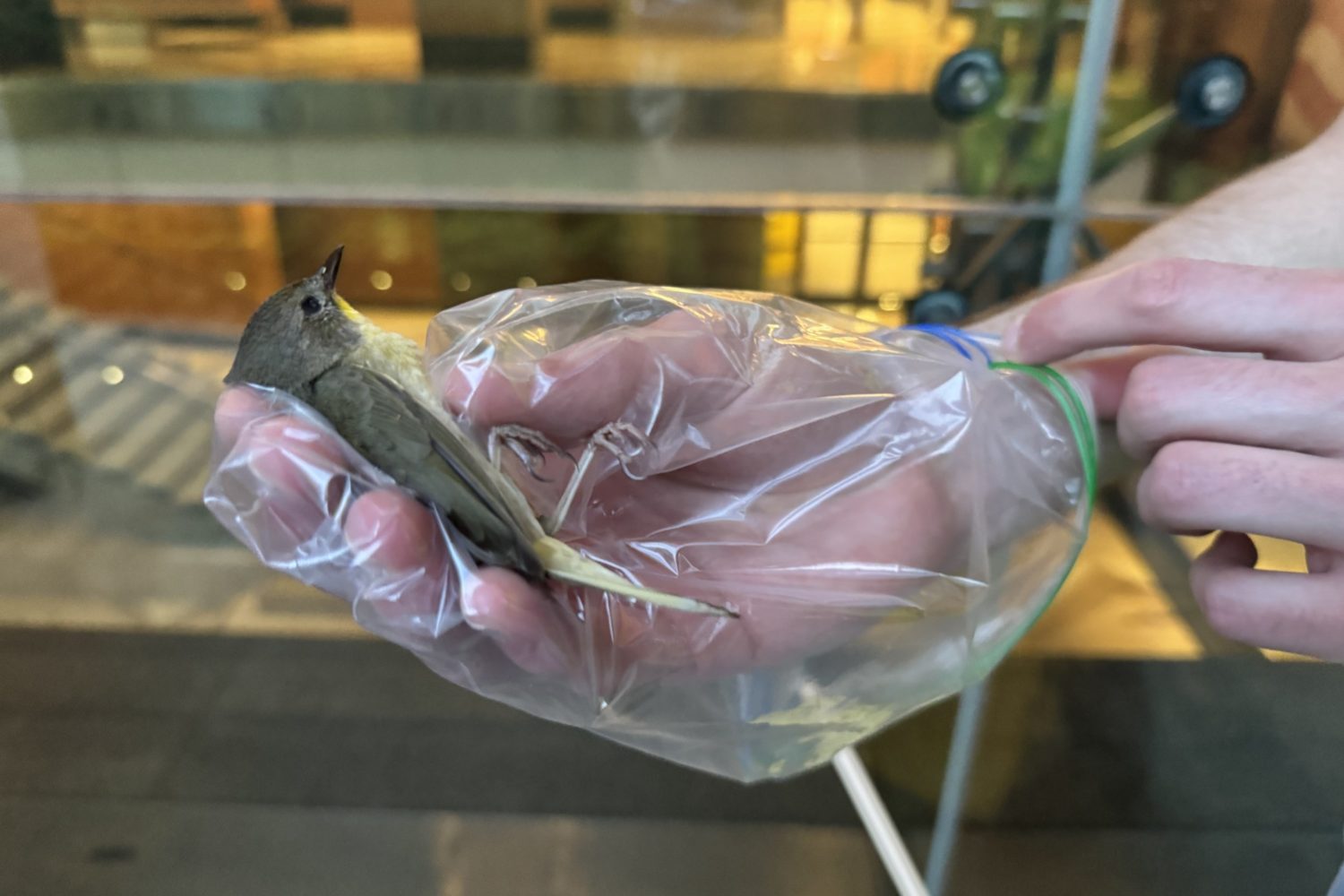There’s a common theme among people who spoke to disgraced pundit Mark Halperin for his forthcoming book: regret. “I regret having answered his questions,” Kathleen Sebelius said. “I regret responding at all,” David Axelrod said. “I truly regret” taking his phone call, Jill Alper said.
This public self-flogging follows Politico’s report that more than 75 Democratic strategists spoke to Halperin for his book How to Beat Trump, which is scheduled to come out this October on Regan Arts, a publisher whose books are distributed by Simon & Schuster. Regan Arts honcho Judith Regan famously signed a deal with O.J. Simpson in 2006 to release a book called If I Did It, so Halperin’s not her first out-there reclamation project. But when Politico broke the news about Halperin’s book Sunday, people offended that Halperin would even attempt a comeback without personally apologizing to the nine women he allegedly sexually harassed focused less on Regan than on everyone who spoke to him.
As the mea culpas pile up, it’s worth stepping back: Should Halperin’s insider-y interviewees have had to issue these statements in the first place? In other words, is answering an odious person’s call equivalent to giving that person a platform?
There wouldn’t be much journalism unless people responded to reporters’ phone calls and emails. Conversely, there wouldn’t be many stories that allow people in politics to sound smart without journalists calling them for comment. In a fraught business like politics, sources have to make a calculation when deciding whether to talk to a reporter. Will this person mangle your words or try to lay some trap for you? Get what they need and never call again? Or, like Halperin, cultivate a long-term relationship where you get to sound savvy and he gets to parcel out a little bit of your brain to his audience—and you both get to have your “brands” benefit?
So perhaps on one level, it doesn’t matter if the writer is a monster in the office. When Jill Alper says that she was “only focused on the discussion of how Democrats can beat Donald Trump in 2020” when Halperin called, or when a spokesperson says Anita Dunn only “cares about beating Donald Trump,” or when Ben LaBolt says, “I treated it as a normal reporter call,” it at least scans. These people have a personal and professional interest in shooing Trump from power. A famous journalist calls or emails and asks them how to do so. They talk.
But in this case, it’s not so easy. Halperin was not some schmo at a regional lifestyle magazine working on a a story that could just as easily have been written by another reporter. He was writing what would clearly be a reputation-salvaging book about a subject—American politics—where, alas, his alleged misdeeds are all too relevant.
The anything-to-beat-Trump reasoning, then, makes sense only if you believe that the path to beating an accused serial sexual harasser next year runs directly through a book by another accused serial sexual harasser. If you don’t talk to Mark Halperin, do the Democrats’ chances dim in the slightest? Will the task of winning back rural voters or turning out great numbers of disaffected lefties be any harder?
Even if you assume that another strategy book by another blowbag pundit will hasten Trump’s defeat, there are some significant factors that mitigate whatever dubious impact such a book might have. For instance: Will American politics be better, or smarter, or more amenable to the progressive politics that Halperin’s Democratic-strategist interlocutors presumably share, if political commentary continues to be shaped by people like Halperin? His newsroom behavior may not have been unrelated to the gross sexist tone that characterized his coverage of Hillary Clinton.
Politico reported the names of 21 of the people Halperin spoke to. Since then, 13 have explained themselves, and most describe their interaction as a mistake. They cop to errors of preparation (Sebelius and former Michigan Governor Jennifer Granholm) and errors of prioritization (pretty much everyone else who said beating Trump was foremost on their minds).
Others weren’t so apologetic—former White House press secretary Mike McCurry told Washingtonian he spoke to Halperin because “I believe in redemption and grace.” James Carville said, “The guy called me and asked me to speak to him on a topic that I obviously care about.” Donna Brazile issued a trio of comments that don’t exactly reek of remorse.
And maybe all these people, ostensibly shamefaced or not, are simply following the charmingly amoral logic of Washington. Because for all the talk that gender will be a deciding factor in the 2020 campaign, Alexi McCammond made a good case Thursday that issues like sexual harassment have found almost no oxygen in the Democratic race so far. The candidates, like the strategists, are focused only on beating Trump. The bet seems to be that women offended by Trump will vote Democratic anyway.
That, and not Official Washington’s superhuman ability to forgive anyone except Sean Spicer is the most depressing part of this grim episode. People talk to Mark Halperin because even now talking to Mark Halperin—a guy whose other main outlet these days is a bare-bones WordPress.com site—still matters more than thinking about what nine women say Mark Halperin has done to them.
That will be the case in October, as well, after the guest lists for Halperin’s book parties make Playbook.
Disclosure: I was once under contract to write a book for Regan Arts, but the project eventually ended up with another publisher.



















